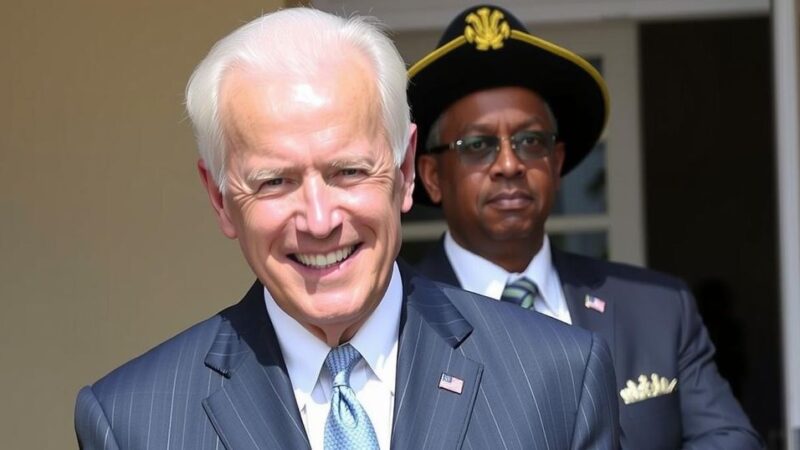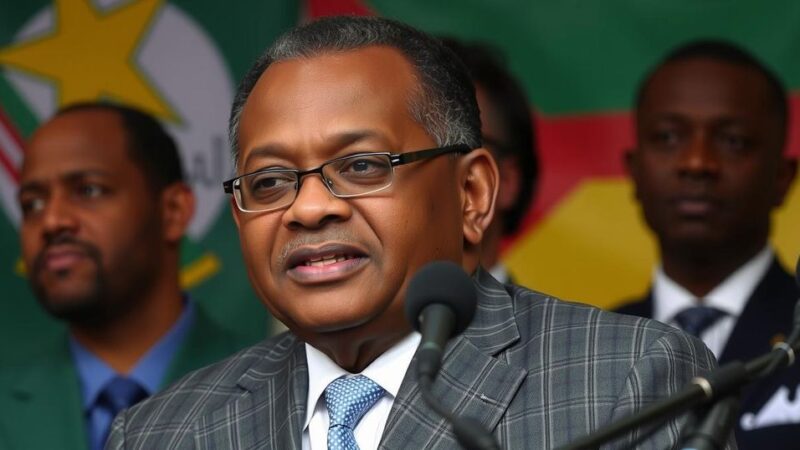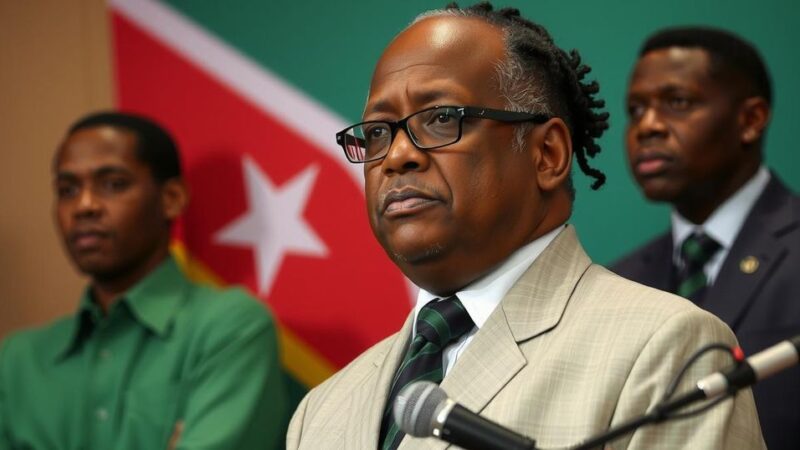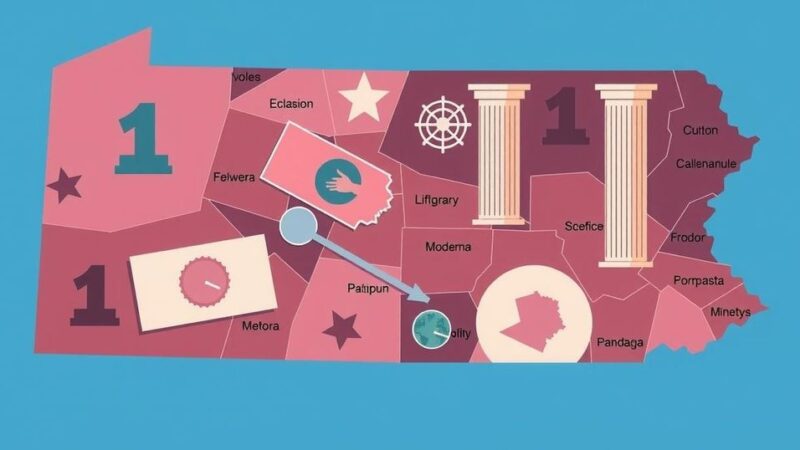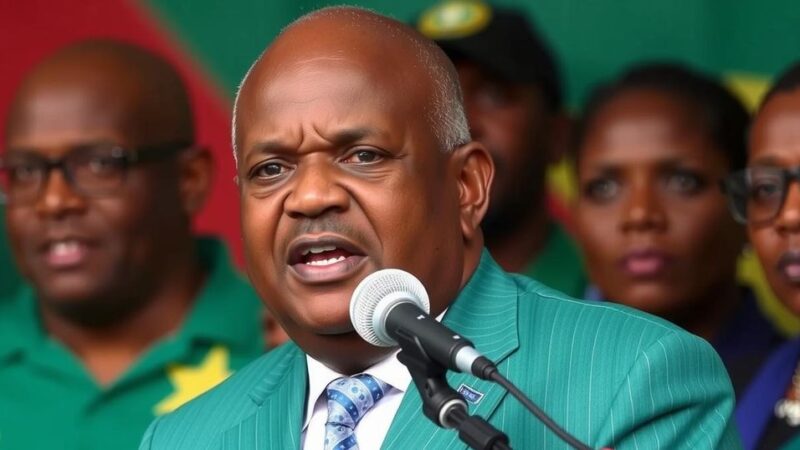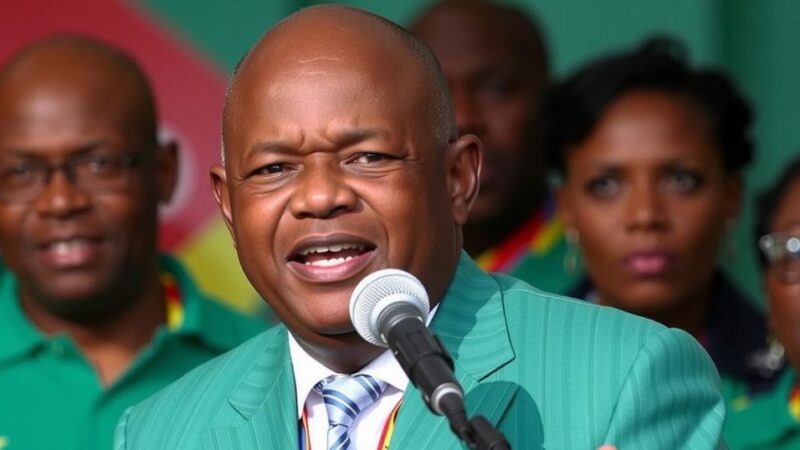Abdirahman Mohamed Abdullahi has been elected president of Somaliland, winning 64 percent of the votes in an election delayed for two years. His victory over incumbent Muse Bihi Abdi is set against the backdrop of ongoing efforts to achieve international recognition for the breakaway region, which has established a stable political environment despite being unrecognized globally. The newly elected administration faces challenges including regional sovereignty issues and economic stability.
Abdirahman Mohamed Abdullahi, known as Irro, has won the recent presidential election in Somaliland, securing approximately 64 percent of the vote. The election, which took place after a two-year delay due to financial constraints and other challenges, resulted in Abdullahi defeating the incumbent president, Muse Bihi Abdi of the Kulmiye Party, who garnered about 35 percent of the votes. Both candidates pledged to revitalize the economy and work towards securing international recognition for Somaliland, a region that has functioned independently from Somalia since its declaration of independence in 1991. Somaliland has established a stable governmental structure, differing significantly from the ongoing turmoil within Somalia. Despite its political stability, Somaliland remains unrecognized by any nation, hindering its access to international finance and travel opportunities for its populace of six million. The administration based in Hargeisa aims to finalize a controversial agreement with Ethiopia, which could potentially offer sea access to Ethiopia in exchange for a commitment to provide an assessment of recognition. This deal has sparked contentious reactions from Somalia, highlighting concerns regarding sovereignty and increasing tensions in the region. Furthermore, the shift in U.S. administration may influence Somaliland’s pursuit of recognition, as several officials previously involved in African policy during Donald Trump’s administration have expressed support for the cause. The elections represent not only a political shift but also a potential pivot towards enhanced international focus on Somaliland’s plight and aspirations for formal acknowledgment on the global stage.
Somaliland declared independence from Somalia in 1991 amidst the country’s descent into chaos and conflict. Over the years, it has developed a functioning government, currency, and security apparatus while enjoying relative peace compared to its southern counterpart. However, the absence of international recognition continues to inhibit its economic development and diplomatic relations. The ongoing efforts for recognition have prompted interest from regional powers, particularly Ethiopia, as well as changes in potential allies like the United States.
The election of Abdullahi marks a significant moment for Somaliland as it strives for international recognition while attempting to stabilize its economy. Despite securing a victory, the challenges ahead include navigating regional tensions and garnering international support. The upcoming government’s actions, particularly concerning Ethiopia and the dynamics with Somalia, will be pivotal in shaping Somaliland’s future.
Original Source: www.aljazeera.com

